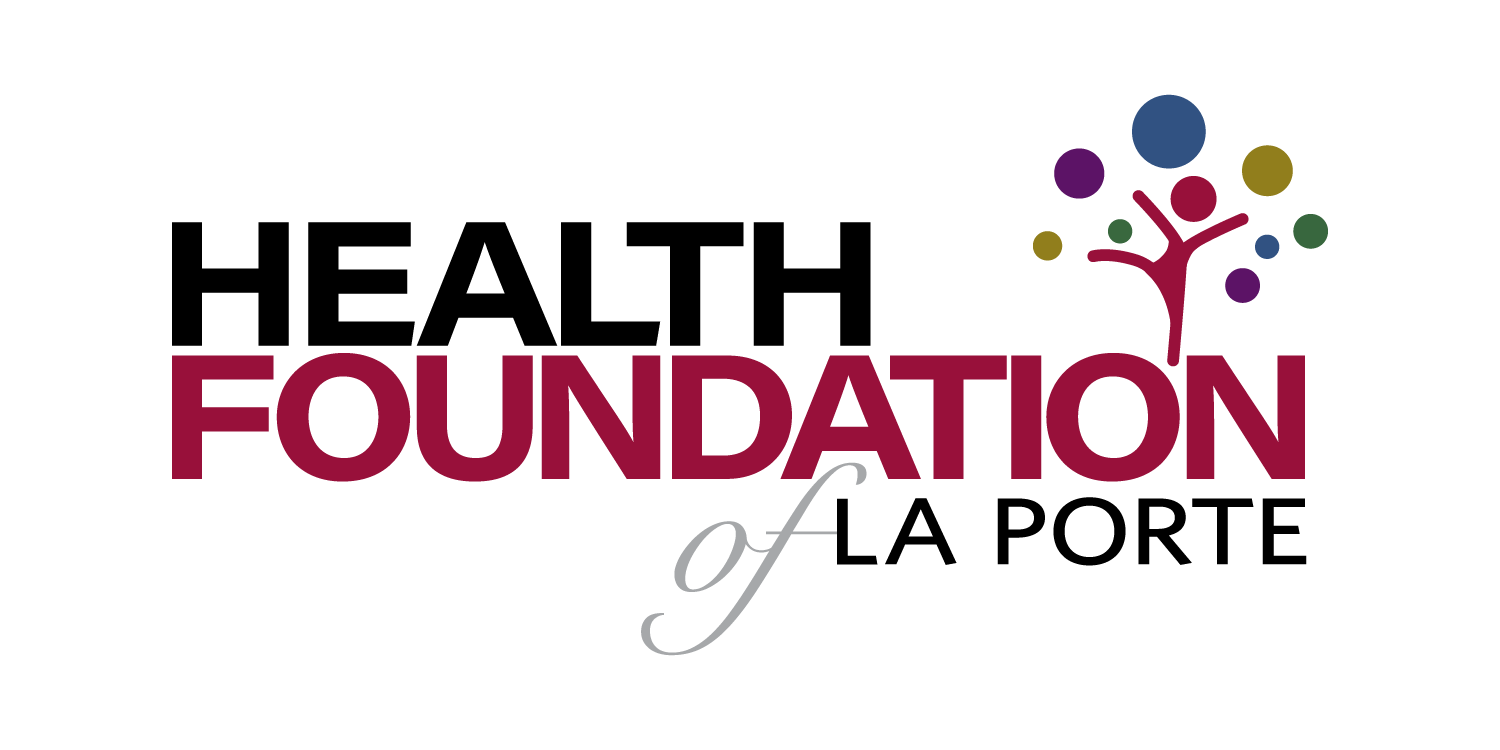Promising Practices
The Promising Practices database informs professionals and community members about documented approaches to improving community health and quality of life.
The ultimate goal is to support the systematic adoption, implementation, and evaluation of successful programs, practices, and policy changes. The database provides carefully reviewed, documented, and ranked practices that range from good ideas to evidence-based practices.
Learn more about the ranking methodology.
Filed under Evidence-Based Practice, Health / Family Planning, Teens
Goal: The goal of this program is to decrease pregnancy in adolescent and teenage girls.
Impact: Those who participated in one or more program components were significantly less likely to experience pregnancy than nonparticipants (5.9% vs 12.3%). Those who participated in two or more program components were significantly less likely to engage in sexual intercourse without birth control than those who participated in only a single program component (8.9% vs 20.6%).
Filed under Evidence-Based Practice, Health / Women's Health, Children, Teens, Women
Goal: The goal of Girls' Circles is to enhance girls' abilities so they are able to take full advantage of their talents, academic interests, career pursuits, and potential for healthy relationships.
Impact: The program has shown statistically significant improvements for girls in Girls Circle programs with the following outcomes: increases in self-efficacy, attachment to school, positive body image, and social support, and decreases in self-harming behavior and alcohol use rates.
Filed under Good Idea, Health / Wellness & Lifestyle, Adults, Racial/Ethnic Minorities, Urban
Goal: Global Gardens aims to increase household access to affordable fresh vegetables among newly resettled refugee individuals living in the Historic Northeast of Kansas City, Missouri. Program participants are provided use of land, water, seeds, and plant starts at community gardening sites in the Lykins and Indian Mound neighborhoods, maintained by Global Gardens staff.
During the course of the program, growers receive ongoing education and support from staff and interpreters, reducing language and cultural barriers that have historically limited refugee access to community gardening engagement. The Global Gardens curriculum focuses on increasing refugee growers’ skills in community and household gardening, utilizing a garden-based learning theory of education, and implementing participatory, learner-centered assessment techniques. The curriculum empowers growers to take the lead in their learning experience and increase connection to and responsibility for their physical environment.
Additionally, Global Gardens aims to increase participant knowledge of how to access local community gardening resources in Kansas City. Each growing season, participants are connected to Kansas City Community Gardens (KCCG), a non-profit that seeks to assist low-income households to produce vegetables from garden plots in backyards and community sites. Global Gardens participants receive membership information and introduction to the seed and plant ordering process, and practice using this resource during the course of the program, building individual self-sufficiency in navigating the process, and increasing likelihood of utilizing KCCG in future.
Filed under Evidence-Based Practice, Health / Cancer, Adults
Goal: The mission of Go Sun Smart is to reduce the risk of skin cancer among ski area employees and, specifically, to reduce the number of sun burns employees incur.
Filed under Effective Practice, Economy / Employment
Goal: The goal of this program is to help individuals make a successful transition to employment.
Filed under Evidence-Based Practice, Health / Alcohol & Drug Use, Children
Goal: The goal of this program is to educate children about health and to prevent substance abuse and violence.
Impact: The Great Body Shop shows that comprehensive substance abuse and violence prevention and health curriculums in schools for elementary and middle school students can improve knowledge, values, thinking skills, and behaviors around substance abuse and violence topic areas.
Filed under Effective Practice, Environmental Health / Built Environment, Urban
Goal: Green Guerillas' goal is to help gardeners cultivate and manage community gardens that thrive as parks, urban farms, and outdoor community centers.
Filed under Effective Practice, Environmental Health / Built Environment
Goal: The goal of GreenScapes is to encourage companies and organizations to make more environmentally conscious landscaping decisions and to reduce, reuse, recycle and rebuy.
Filed under Evidence-Based Practice, Health / Alcohol & Drug Use, Teens, Families
Goal: The primary goal of GGC is to reduce youth substance abuse and problem behaviors by increasing family involvement that is rewarding and enhances parent-child bonds.
Impact: Significant positive effects on increasing family involvement and interaction and reducing youth substance abuse were observed. A cost-benefit analysis estimates a $5.85 benefit for every dollar invested in the program.
Filed under Good Idea, Health / Family Planning, Teens
Goal: The goals of GO! are:
- to delay the initiation of sexual intercourse among males ages 12-14 to reduce teenage pregnancy in Frederick County
- to increase parent child communication
- to increase community awareness regarding adolescent sexuality

